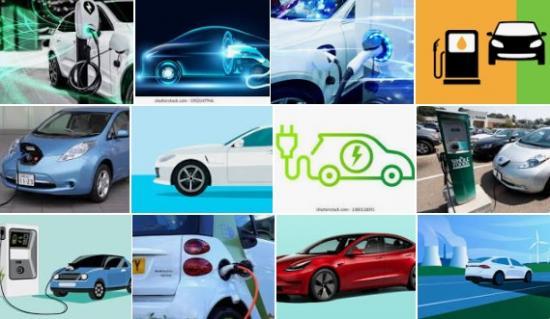The Future Of Driving - how to pay for road usage
24th May 2023

A new report from The Centre for Policy Studies draws together many suggestions for changes on how to pay for road usage and points to many schemes already in place such as Clean Air Zones. This report is well worth reading for future reference as we make the transition to electric vehicles and government takes less and less in fuel duties etc.
In 2021/22, drivers paid £33bn in fuel duty and vehicle excise duty. But the Government spent only £5.4bn on national roads and £6.4bn on local roads in the same period. This system is not fair for drivers or the general public, who suffer the consequences of polluting vehicles through negative health outcomes.
‘The Future of Driving', co-authored by CPS Energy and Environment Researcher Dillon Smith and CPS Research Director Tom Clougherty, makes a series of vital recommendations to redress the balance.
The report suggests introducing a ‘pay as you drive' scheme for Zero Emission Vehicles (ZEVs), becoming the only form of motoring taxation for those vehicles. ZEVs would be charged a flat rate for every mile they drive - but still pay significantly less than their petrol and diesel counterparts. While everyone would receive a set allocation of tax-free miles every year, the allocation would be higher for those living in remote areas with fewer transport alternatives.
The goal is to engineer a shift away from
reliance on 20th century excise duties
and towards the adoption of a thoroughly
21st century system of road user charging
Eventually, as the share of ZEVs on the roads grows, this new per mile charging system could completely replace fuel duty and vehicle excise duty for all vehicles - exchanging an outdated and onerous tax system with something ‘future-proof' and much fairer towards drivers.
The report also shows that voters remain concerned about air quality and congestion, with significant numbers believing that government has not done enough to tackle either. Polling by BMG Research for the CPS shows strong support for action on both, including among 2019 Conservative voters.
However, the focus groups also made clear that local policymakers need to work harder to convince voters that these are targeted measures to improve air quality and congestion rather than purely a revenue raiser. The report recommends improved communication strategies and hypothecation as ways to achieve this. Just as drivers would like to see money from road taxes spent on improving the roads, they also back money from clean air zones being used to improve transport or to help people upgrade to cleaner vehicles.
Authors
Dillon Smith
Dillon is the Researcher for Energy and Environment Policy at the Centre for Policy Studies. He has a background in finance, having worked previously in debt capital markets at Deutsche Bank in London and New York. He holds a masters degree in Public Administration from LSE and an undergraduate degree in Public and International Affairs from...
Tom Clougherty
Tom is Head of Tax at the CPS. He was previously executive director of the Adam Smith Institute, before moving to the US to become managing editor at the Reason Foundation, and then a senior editor at the Cato Institute, the leading Washington think-tank.
Read the full report HERE
Pdf 68 Pages
